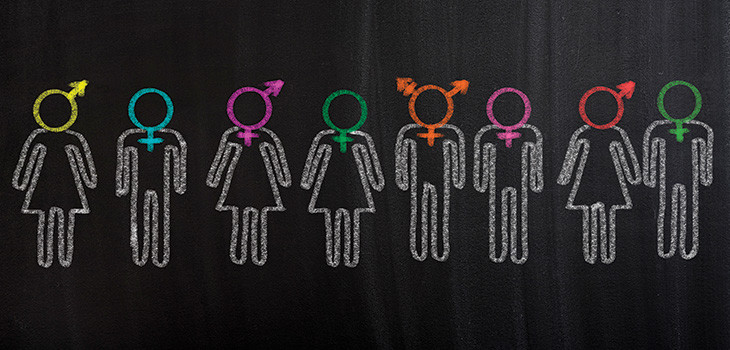
- In recent gender critical cases, judges have taken the wrong approach, permitting the erosion of trans and non-binary people’s rights.
- Judges must focus on what the belief is, and whether it contains elements of transphobia.
- If a belief is protected, the manifestations must comply with the Equality Act 2010, or the employer is likely to be justified in sanctioning the employee. Sex has its place, but gender identity—and trans identity—must be respected.
‘Gender critical’ cases are a hot seat of litigation in the UK. But are judges getting it right in their approach?
A ‘belief’ can be protected in certain circumstances under s 10 of the Equality Act 2010 (EqA 2010). Section 10 states: ‘Belief means any religious or philosophical belief and a reference to belief includes a reference to a lack of belief.’
For a philosophical belief to be protected —ie, so you can seek compensation











